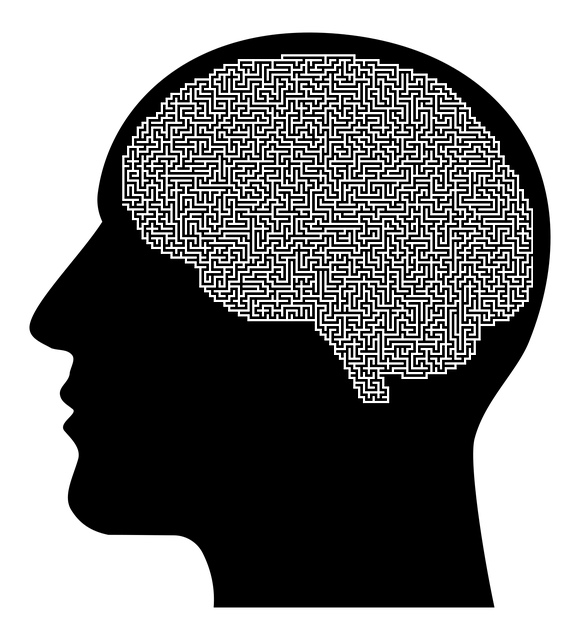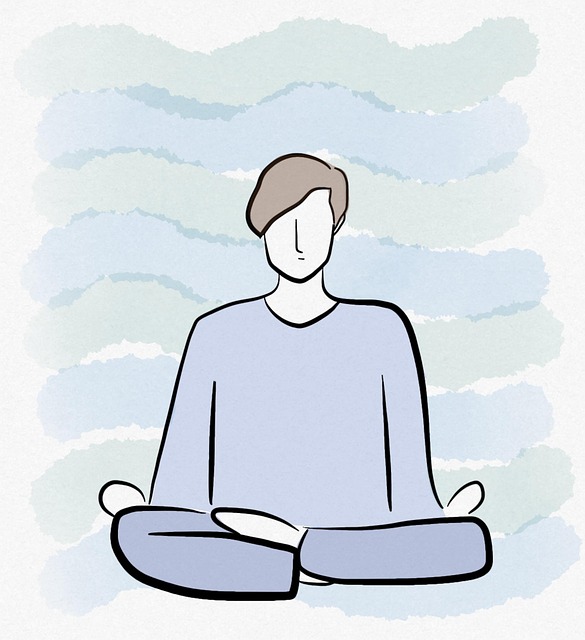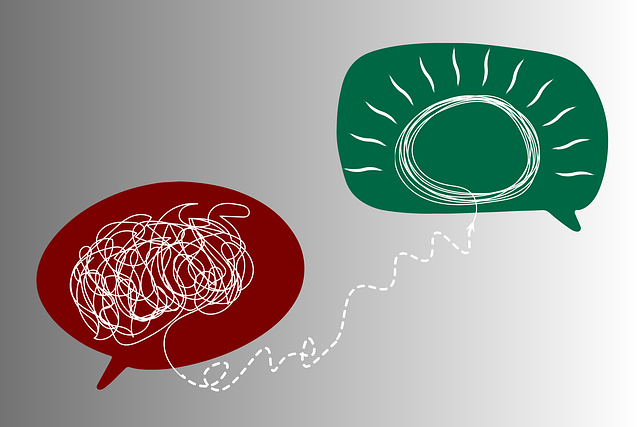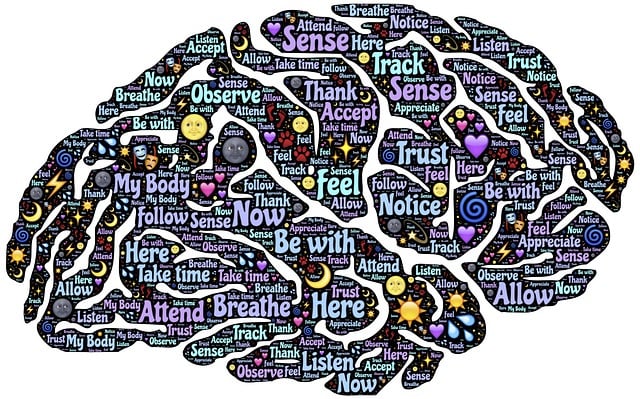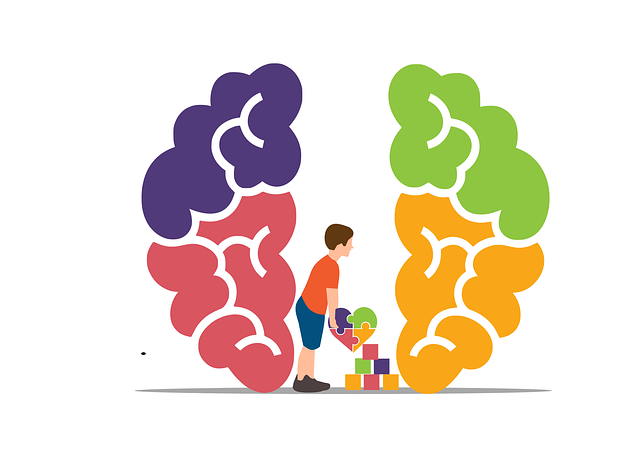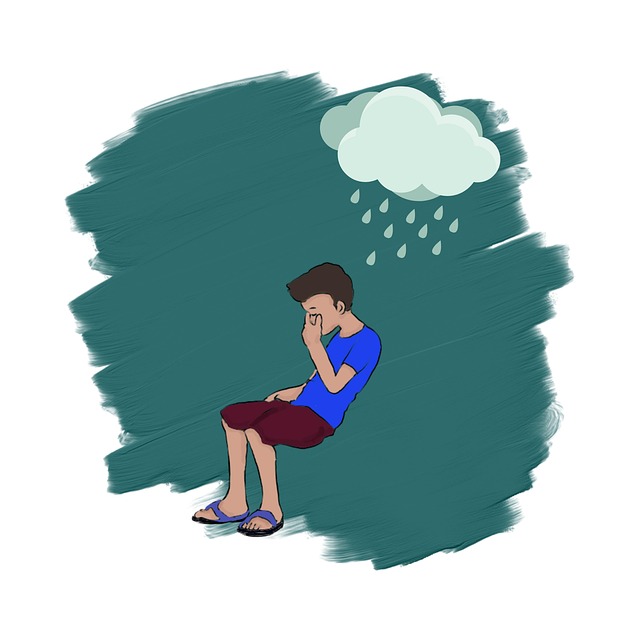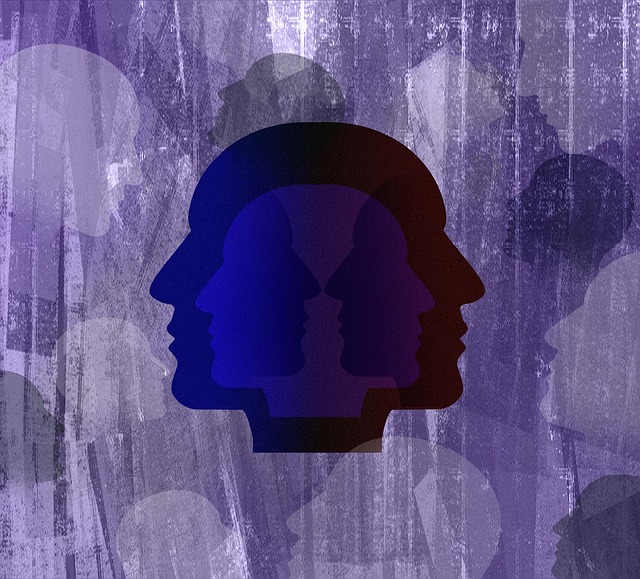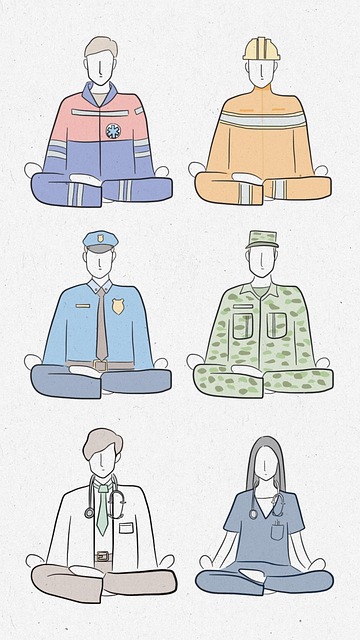Mental illness stigma significantly impacts individuals with Autism Spectrum Disorder (ASD), hindering access to necessary resources. Programs like Aurora Autism Spectrum Disorder Therapy combat this by addressing misconceptions and fostering social inclusion. Public awareness campaigns, empathy-building strategies, social skills training, and mental wellness podcasts are vital tools in reducing stigma. Community initiatives like inner strength development programs and support groups create safe spaces for sharing experiences and offering guidance. In Aurora, tailored therapy and outreach programs provide comprehensive care, enhancing communication, social interactions, and self-acceptance among individuals with ASD, fostering an inclusive society that celebrates their unique strengths.
Mental illness stigma remains a significant barrier to treatment and support for individuals with autism spectrum disorder (ASD). This article explores strategies aimed at reducing ASD-related stigma, focusing on community education, empathy promotion, and the vital role of therapy in Aurora. By understanding the impact of stigma, we can foster an inclusive environment that supports recovery and empowers those with ASD to thrive. Discover how specialized therapy and community initiatives work together to break down barriers and provide comprehensive care for individuals with Aurora Autism Spectrum Disorder.
- Understanding Mental Illness Stigma and Its Impact on Individuals with Autism Spectrum Disorder (ASD)
- Strategies for Reducing Stigma: Educating Communities and Promoting Empathy
- The Role of Therapy in Aurora, ASD Support: Breaking Down Barriers and Fostering Recovery
Understanding Mental Illness Stigma and Its Impact on Individuals with Autism Spectrum Disorder (ASD)

Mental illness stigma is a significant barrier that individuals with Autism Spectrum Disorder (ASD) often face. The unique challenges they encounter in understanding and managing their conditions require specialized support, such as Aurora Autism Spectrum Disorder Therapy. Stigma can manifest as misconceptions, fear, or discrimination, leading to social isolation and hindering access to essential resources. This pervasive issue affects self-perception and can make it difficult for individuals with ASD to seek help or openly discuss their mental health struggles.
Public Awareness Campaigns Development and Empathy Building Strategies play crucial roles in combating this stigma. Educating the public about the nature of ASD, its symptoms, and co-occurring mental health conditions fosters understanding. Social Skills Training initiatives can empower individuals with ASD to navigate social interactions more confidently, reducing feelings of isolation and promoting positive relationships. By addressing stigma at various levels, communities can create a more inclusive environment, ensuring that those with ASD receive the necessary support and care for both their autism and mental health needs.
Strategies for Reducing Stigma: Educating Communities and Promoting Empathy

Reducing stigma surrounding mental illness requires a concerted effort to educate communities and foster empathy. One effective strategy is to organize mental wellness podcast series production that share personal stories, expert insights, and practical advice. These platforms can humanize mental health experiences, promoting understanding and compassion. By listening to individuals with conditions like Aurora Autism Spectrum Disorder (ASD) discuss their journeys, listeners gain valuable perspectives that challenge stereotypes and foster acceptance.
Community inner strength development programs that encourage open dialogue about mental wellness can further contribute to stigma reduction. Workshops, support groups, and educational events create safe spaces for people to share their stories, ask questions, and receive crisis intervention guidance. These efforts not only empower individuals facing mental health challenges but also equip community members with the knowledge and empathy needed to offer meaningful support, ultimately creating a more inclusive and supportive environment for everyone.
The Role of Therapy in Aurora, ASD Support: Breaking Down Barriers and Fostering Recovery

In Aurora, therapy plays a pivotal role in mental illness stigma reduction efforts, particularly when tailored to address Autism Spectrum Disorder (ASD). Specialized ASD therapy programs offer a safe space for individuals on the spectrum to navigate and understand their unique challenges. Through individualized treatment plans, these therapies focus on enhancing communication skills, improving social interactions, and fostering self-acceptance—all crucial aspects of promoting mental wellness. By providing support tailored to each individual’s needs, Aurora’s therapy services break down barriers and empower those with ASD to thrive in a society that is increasingly inclusive.
Community outreach programs implementing trauma support services have also been instrumental in Aurora’s stigma reduction efforts. These initiatives ensure that individuals facing both ASD and traumatic experiences receive comprehensive care. By integrating mental wellness strategies into the community fabric, Aurora fosters an environment where everyone feels supported and understood. This holistic approach not only aids in recovery but also paves the way for a more accepting and empathetic society, where those with ASD can dance alongside their neurotypical peers, celebrating both their unique strengths and shared humanity.
Mental illness stigma reduction is a vital step towards creating a more accepting society for individuals with autism spectrum disorder (ASD). By educating communities and promoting empathy, we can foster an environment where therapy, such as that offered in Aurora, becomes accessible and encouraged. Through breaking down barriers and fostering recovery, Aurora’s ASD support initiatives underscore the importance of comprehensive care and understanding. This collective effort not only enhances the lives of those with ASD but also enriches our shared tapestry of community support.
